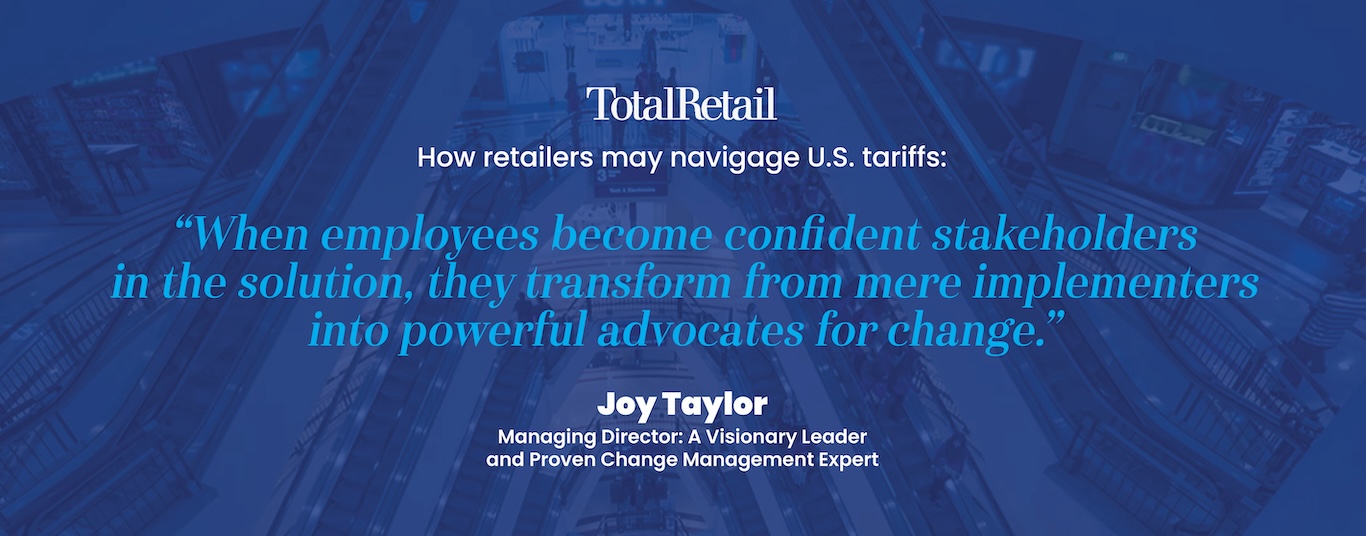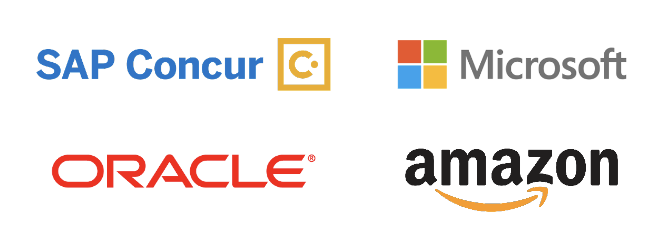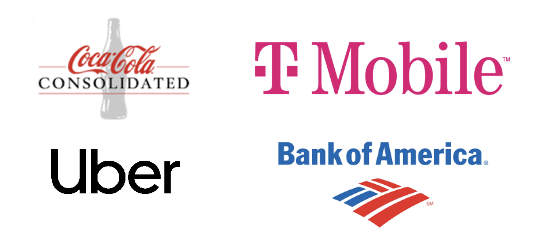
Retail is experiencing a spending surge as consumers shop ahead of the looming tariff enactment dates. While this provides a welcome sales boost, retailers need to prepare for potential spending slowdowns that will occur should prices simply get too high, particularly for specialty items consumers can do without. Here are five customer-focused strategies to navigate these challenging waters:
1. Be refreshingly transparent.
Today’s consumers value honesty. Rather than quietly raising prices, it’s integral to bring customers into the conversation. After all, they’re the biggest stakeholder. Send personalized communications explaining upcoming changes and their timing so they have time to prepare. Consider creating simple infographics showing how tariffs affect your pricing and how much you’re passing along to your customer, AND how much you are taking on as well. Some retailers are finding success with “beat the tariff” promotions that create goodwill while encouraging immediate purchases. Remember that customers who understand price increases are more likely to remain loyal than those who feel blindsided.
Transparency also builds a critical trust between the brand and its customers. Research has shown that almost half (46 percent) of U.S. shoppers are willing to pay more for products from a brand name they trust. Establishing this foundation before price hikes ensures they’ll still choose your brand regardless.
2. Make customer service your superpower.
When economic uncertainty looms, exceptional service becomes your competitive edge — a brand quality that is increasingly impacting purchasing decisions. A staggering 72 percent of consumers rate customer service as an important attribute, making it no longer a “nice to have.” This means training your team to address tariff-related questions confidently and compassionately. Consider also offering special accommodations for loyal customers, such as price guarantees on frequently purchased items or exclusive access to pre-tariff pricing. These gestures build goodwill that transcends temporary price increases and strengthens long-term relationships. After all, everyone’s prices are likely to increase and it’s the brands with the most loyal customer base that will rise to the top.
3. Reimagine your value proposition.
Rather than competing solely on price, emphasize the unique value your products deliver. Highlight quality, durability and customer satisfaction — attributes that justify premium pricing. Consider bundling products or creating service packages that provide enhanced value while maintaining margins. Many retailers are successfully introducing “essentials” collections that offer budget-friendly options alongside premium offerings, ensuring customers can still access your brand regardless of spending constraints.
4. Listen and adapt quickly.
Your customers will tell you — directly and indirectly — how tariffs are affecting their purchasing decisions. Implement robust feedback mechanisms across all channels and watch for changing purchase patterns. Create agile response teams empowered to make quick adjustments based on customer insights. The retailers that thrive through tariff challenges will be those that listen carefully and respond thoughtfully to evolving customer needs.
5. Look inside.
Driving success in new teams, initiatives and messaging demands unwavering employee commitment at every level, from sales floor associates to C-suite executives. Retailers must equip their workforce with cutting-edge tools and technologies that empower them to create compelling content, refine messaging strategies, and pivot tactics based on real-time analytics. Equally critical is confronting employee concerns about job security and company stability head-on with transparent communication. True organizational resilience emerges only when every team member clearly understands how strategic adaptations will safeguard the company’s competitive edge and long-term viability amid escalating tariff pressures. When employees become confident stakeholders in the solution, they transform from mere implementers into powerful advocates for change.
By focusing on transparency, exceptional service, value beyond price, and responsive adaptation, retailers can navigate tariff challenges while strengthening customer relationships. Doing so can turn a potential threat into an opportunity for deeper connection and loyalty. Make customer service your superpower.

Dhaval Jadav is Chief Executive Officer of alliant, America’s leading consulting and management engineering firm, which helps American businesses overcome the challenges of today to prepare them for the world of the 22nd Century and beyond. Jadav co-founded the firm in 2002 to be unlike any other consultancy, with an emphasis on partnerships with clients to not only identify but also implement quantifiable solutions to their most critical concerns.

Joy Taylor is a Managing Director with alliantConsulting. As a visionary leader and proven change management expert, she isn’t just a consultant; she’s a force of nature in the world of business transformation. With over twenty-five years of cross-functional experience, Joy applied her expertise in program transformations, project leadership, strategy and execution, team facilitation, change management, communication, and Lean Sigma to everything from startups to multibillion-dollar enterprises. Her impressive track record speaks volumes, but her accolades and career milestones set her apart as a critical advisor for CEOs.










